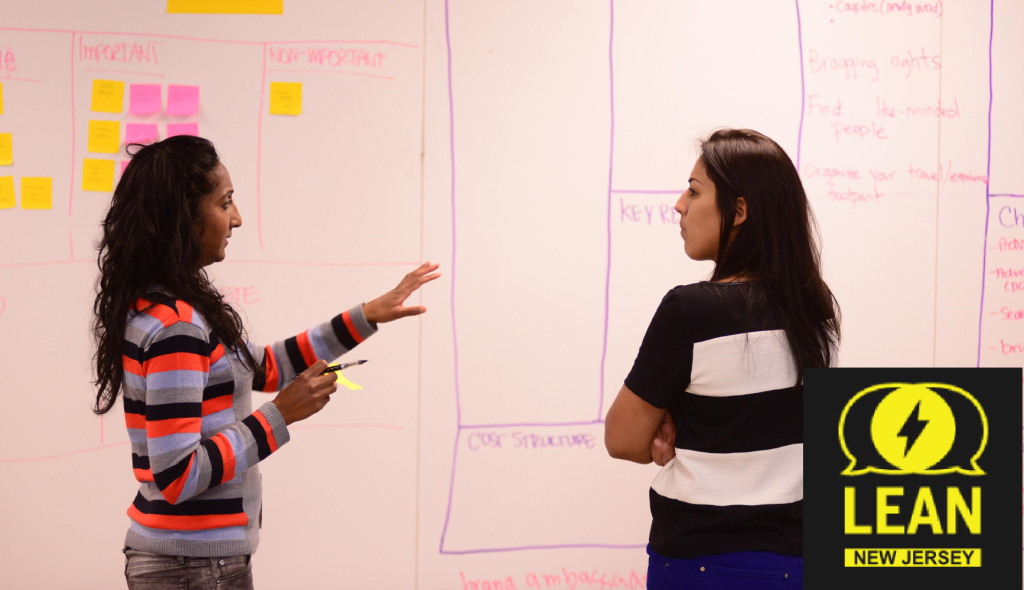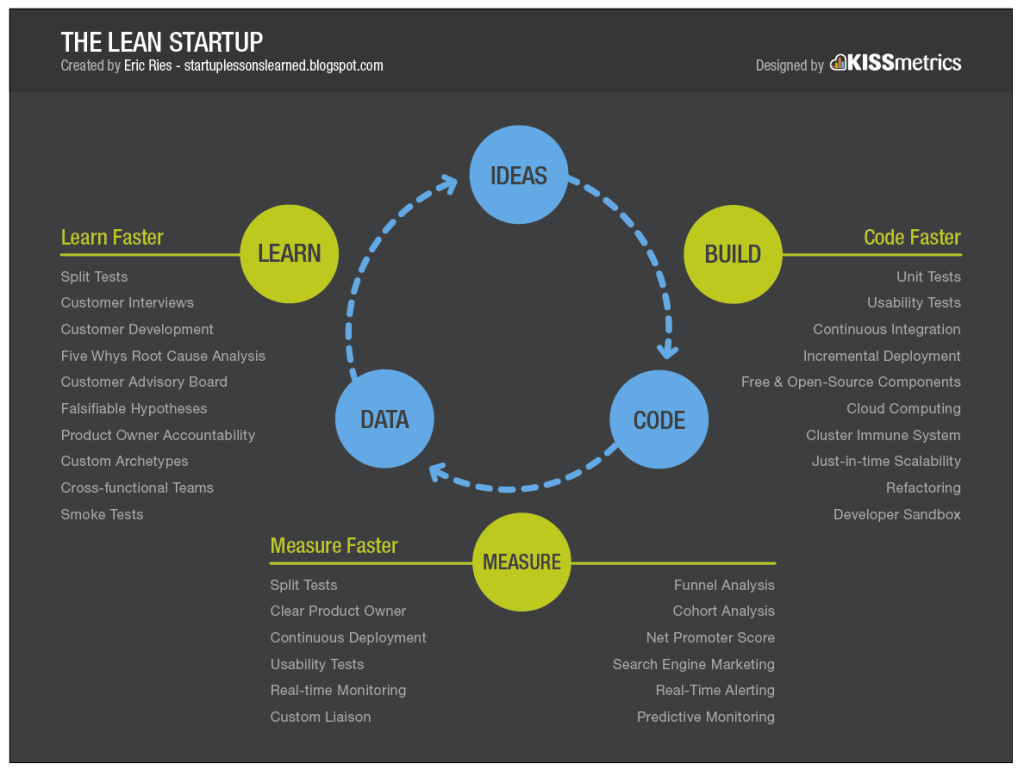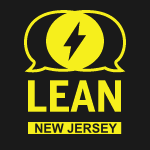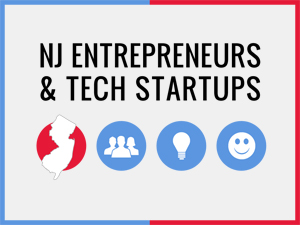Does The Lean Startup Philosophy Lead To Building More Successful Startups?

First off, what does it mean to build a lean startup?
Similar to a lot of oft-used business and marketing concepts, the term lean startup was coined by individual named Eric Ries who was able to come up with the methodology based off of his experience working for other startups. Heavily focused on “validated learning” (does your concept actually have a product-market fit, for example?), a startup can greatly shorten its product development cycle by failing fast (if need be), and rolling out a product by iteration.
The process is hypothesis-drive experimentation, and it discourages wasting time and resources on R&D and just getting the product out in order receive the critical feedback of early customers. If startups are able to iteratively build products and services, they can reduce their market risk and can even launch something without having to spend a large amount of initial capital.
What are the core values of the lean startup?
While a lot of the lean philosophies may seem like simple common sense, I’m amazed when I meet with entrepreneurs that haven’t thought in these terms and are looking to wait around to build the next big thing.
Be efficient with your money
The desired outcome of building a lean startup, of course, is reducing your burn rate. I’ve talked to a lot of startups that have spent $100,000 or over to build an app that doesn’t even work or that customers don’t get.
Had they originally tested the hypothesis on customers by getting a minimum viable product out the door (MVP), they could have gone back to the drawing board. Understanding your use cases from the get-go allows you to be more efficient with your capital, and you’re never investing in something that has no potential for return.
Getting customer validation
Did you ever build something only to find out that nobody wanted it? The lean startup model is heavily focused on proving your customers’ needs before building. That means getting out of the office and collecting customer data.
With this data, you can pull solutions from your team and you’ll have an overall lower cost because you didn’t build a product that you would only have to scrap later. Pivots are not just encouraged, they are really the natural order of things.
Facebook didn’t become the way it is in a day
People forget what a large company was like in its earlier days. Can you even remember what Facebook was like in 2004, 2005, or 2006? I want you to try to picture that for a second. Lean methodology focuses on improving the system that gets results, which helps when scaling sustainability. Facebook would have crashed and burned if it had been as feature-packed as it currently is now. In fact, some would even argue that it is a bit bloated nowadays.
It doesn’t really matter what you think – the customer decides the value
Every entrepreneur says that they know this – that the customer is always right. What is distinctive in the lean startup methodology, though, is how value is perceived. If someone purchases your product but never uses it, the lean startup would deem that as a failure. Resources were spent but there was no value delivered to the customer. That customer will certainly never be coming back for anything new your produce or follow you on any future updates.
Creating value from the very beginning allows you to build a much more solid base that will always follow you. But most of all, it doesn’t matter what you think – if the customer sees no value, then there is no value.
Another major point – unlike the secretive entrepreneur that will tinker and toil in their cave until the product is feature-packed and ready for launch, lean entrepreneurs will get out there and talk about what they are doing. I could have saved you a lot of time by telling you that your idea sucks.
So.. Does the lean startup philosophy actually work?

As long as some its basic elements aren’t misunderstood, there are many startups that have adopted the model (not necessarily referring to it as a coined term) and have seen great success. Remember, being a lean startup doesn’t mean a cheap startup or one that isn’t innovative or daring.
It’s about taking smarter risks – risks that actually have some proof of a product-market fit behind them. And like I said before, it’s not about being cheap – it’s about not just blindly dumping your money into a company and hope that everything falls into place.
Fred Wilson, a VC based out of Union Square Ventues, sums it up best.
In short, since I started investing in the web in ’93/’94, I have invested in about 100 software-based web companies. And the success rate of fat companies versus lean companies is stark. I have never, not once, been successful with an investment in a company that raised a boatload of money before it found traction and product market fit with its primary product.
Some of the lean startup success stories have come from all over, and so I’ve decided to highlight a few particular ones here.
Here are some examples of successful lean startups that used the philosophy
 The founder of Dropbox, Drew Houston, has cited that one of the turning points came when he came across Eric Ries’s lean startup blog. You may have seen that Dropbox has iterated at a whirlwind pace, and you would be right to notice that. In 15 months Dropbox went from 100K users to over 4MM.
The founder of Dropbox, Drew Houston, has cited that one of the turning points came when he came across Eric Ries’s lean startup blog. You may have seen that Dropbox has iterated at a whirlwind pace, and you would be right to notice that. In 15 months Dropbox went from 100K users to over 4MM.

Founded in 2007, Grockit has helped many people prepare for standardized tests such as the LSATs and the SATs. Its sounds simple, but to make its social learning platform come to life, Grockit employed agile development to get their product out. Even now, they are still iterating the product using the same method. Grockit’s online learning platform hosts over 1,000 cross national border interactions and supports users spanning 150 countries.

In a great interview done by Lifehacker, Buffer co-founder Joel Gascoigne tells his story of how he became fascinated by the lean startup methodology. His first mission using the lean approach was to test whether people would use the product by creating a minimalistic two page website without even having a product yet. He collected a lot of valuable data, and the rest is history.
 Want to learn more about the lean methodology while validating your business?
Want to learn more about the lean methodology while validating your business?
Attend Lean Startup Machine New Jersey
Lean-focused events are happening all over the country but if you happen to be in New Jersey the next event will be happening on September 19th right here at JuiceTank.
Register now to get your tickets, before time runs out (spots are limited).
Our goal is to start 12 new lean startups in 3 days. Join us to help us make our goal.


